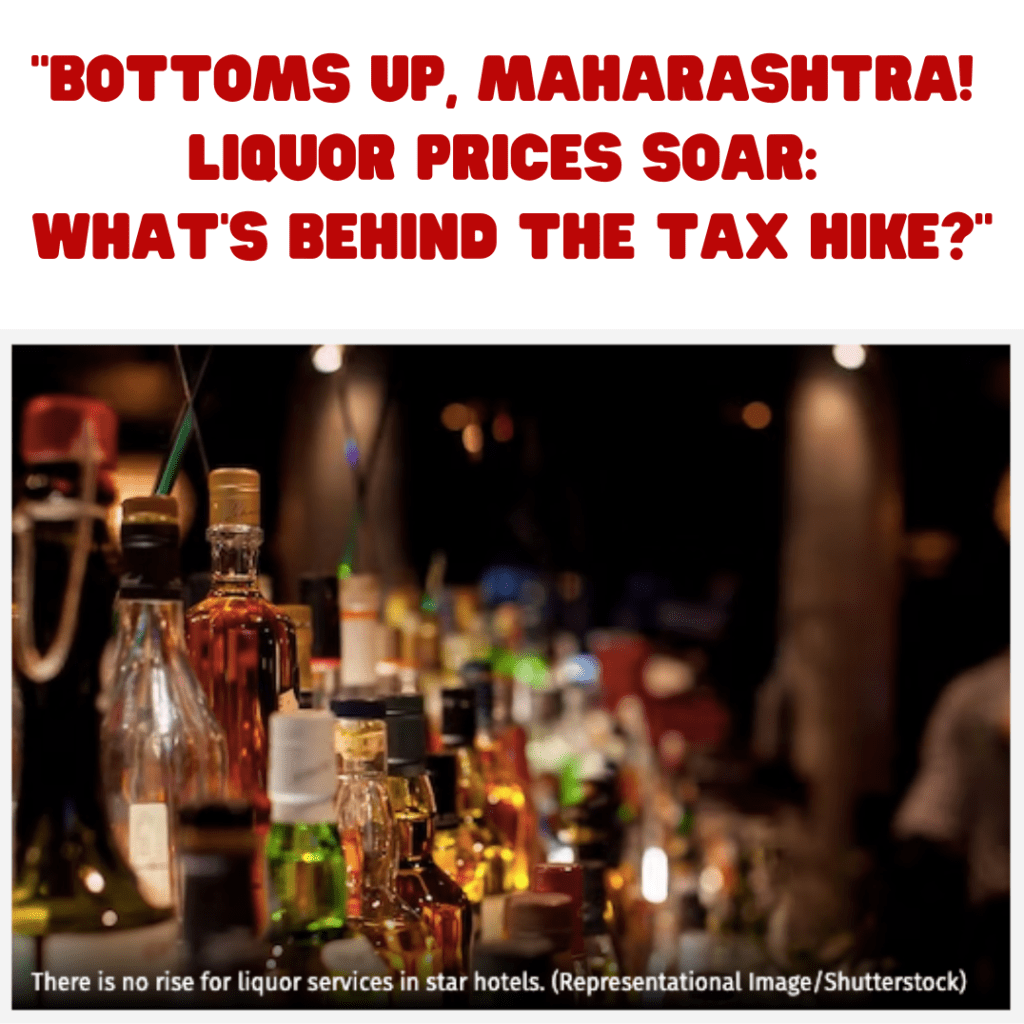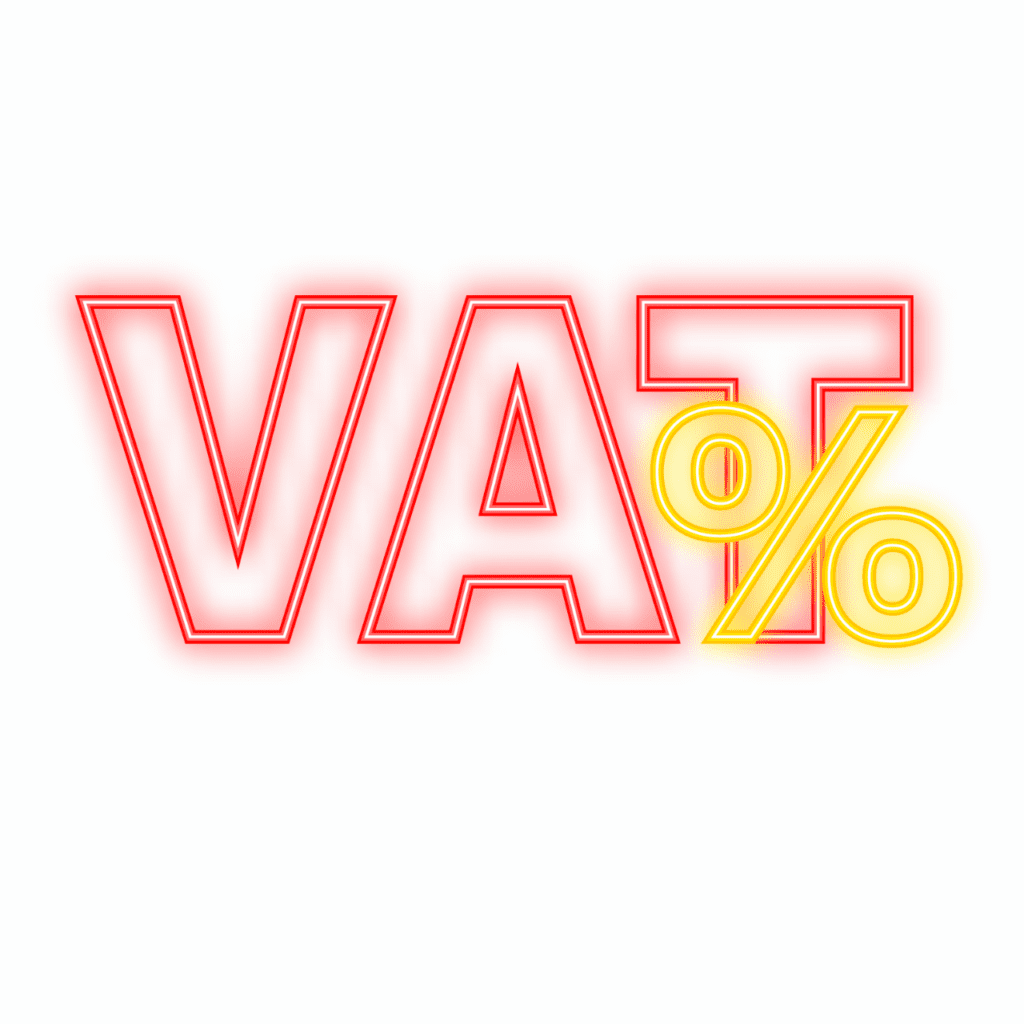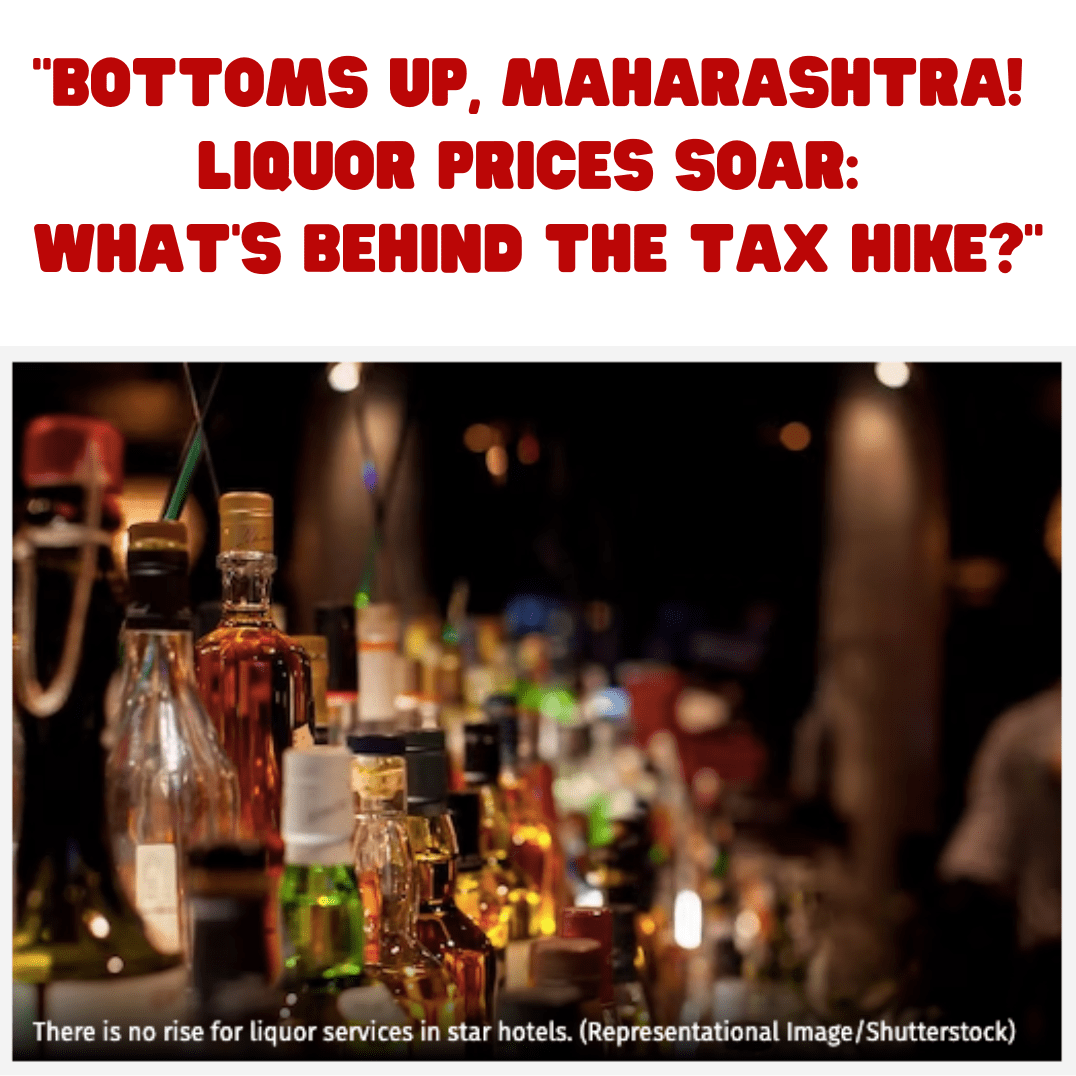Liquor aficionados in Maharashtra are in for some sobering news, as the state government has decided to increase the Value Added Tax (VAT) on permit room liquor services by 5 percent starting November 1. This move, as reported by Times of India, will take the total VAT rate on permit room liquors to 10 percent. It’s worth noting, though, that patrons of star hotels, who already pay a 20 percent VAT, will be spared from this hike.
The inevitable question that arises is: why the increase in liquor taxes? It appears that a recent upswing in license fees has created added financial pressure on hoteliers, ultimately translating to higher liquor costs for consumers. Many hotel and restaurant owners are taken aback by this decision, particularly in a climate where states across India are recognizing the economic potential of tourism and consequently reducing excise duties. States like Goa, Chandigarh, and Haryana serve as prime examples of this trend.
The implications of this VAT increase extend beyond higher prices; they could potentially lead to shifts in consumer behavior. It’s conceivable that customers might start exploring more budget-friendly alternatives, such as off-premise consumption in open areas like terraces, parks, beaches, or even in parked vehicles. This shift, however, could have dual consequences, impacting the bottom lines of bars and restaurants while also posing challenges related to law and order, including issues related to drinking and driving.

In addition to this VAT hike, the Maharashtra government is exploring a novel excise policy that would peg liquor pricing to alcohol content, potentially allowing the sale of bottled liquors in bars and permit rooms.
A starkly different scenario is unfolding in Gurugram, where liquor prices recently surged due to shortages of popular brands in Delhi. The crisis in Delhi emerged from the city’s contentious excise policy and the rejection of sale licenses for major liquor companies. The absence of these brands in Delhi’s liquor market prompted price hikes in Gurugram, leading liquor vendors to discontinue discounts and deals as Delhi consumers flocked to buy their preferred brands.
Interestingly, Goa continues to be a haven for those seeking affordable spirits, thanks to its unique tax structure. Although Goa’s tax rates are not the lowest, they are significantly more reasonable compared to neighboring states like Karnataka and Maharashtra.
As these new tax policies come into play, it remains to be seen whether they will encourage more individuals to make quick trips to Goa and other union territories in search of budget-friendly libations. The effects of these policies on liquor consumption trends continue to evolve, influencing the choices and preferences of consumers across India.



















What do you think?
It is nice to know your opinion. Leave a comment.